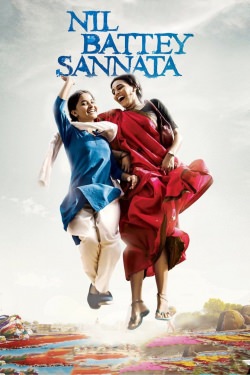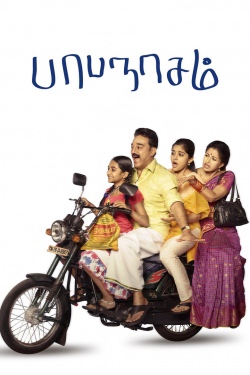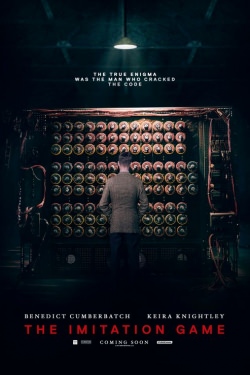Top Rated Films
Gautaman Bhaskaran's Film Reviews
-
However, the Sathya-Mani romance is silly to the core, and drags the narrative down by several notches, though uniformly fine performances by Menen, Samantha and Suriya come as magic relief.
-
While Prakash Raj outshines Irani in the Hindi version with his extraordinarily power-packed dialogue delivery, which greatly enlivens the dramatic events in court, Stalin is no match for Warsi, whose bumbling, dream-driven guy in a black jacket was such a pleasure to watch. And, Radharavi too pales in comparison to Shukla, whose characterisation of a bored judge was so nuanced with hitherto unseen mannerisms that I was floored.
-
In the ultimate analysis, Brown’s work may seem more like a piece of exotica — and this was exactly how Ramanujan was treated by students and professors at Cambridge.
-
Sadly, the movie ceases to tread a focussed path — often wandering without purpose. It begins with Pugazh and his team winning a cricket match on the playground, and they travel to Puducherry (Pondicherry) to celebrate with a song and dance on the beach — which kind of transforms into a Baywatch locale with bikini-clad foreign women parading up and down.
-
Like so many Tamil films, Kanithan begins with a fantastic idea and story, but Santosh lets these spin out of control — till the script sinks beyond salvation.
-
At 157 minutes, Vedalam is but an Ajith Kumar show (all the way where Menon and Haasan are wasted). The man arrives with a big bang and never tires of bashing up baddies — but now and then taking a break to cleanse society of minor evils like fooling law courts or cheating on wives.
Certainly not for children, who might wonder how Phantom sprung out of their favourite comic books in such a horrifically mutated form. -
Certainly director-writer Chimbu Deven could have thought of something better than this juvenile romp into fantasy land.
-
A big flaw of Indian cinema is its tendency to stretch the script to a point where even suspension of disbelief becomes difficult. There are several such situations in Thani Oruvan which, however, gets glossed over by the life-and-death games which Mithran and Siddharth play, and till about the very end, the bad guy — hiding behind a veneer of sophistication — seems to get all his moves right. But then, India cinema has to follow the age-old mythological tradition of the good winning over the evil.
-
Yes, Dhanush has to guts to play a man with many shades of grey, his looks blending with the character. Perhaps, he knows that it may not be easy for him to be the conventional hero. But this is the hero the masses appear to adore, and the film cherishes and celebrates the anti-social in society — a disturbing trend though in Tamil cinema.
-
Baahubali, despite its epic dimensions — with a tendency to copy larger-than-life Hollywood heroic tales like Ben-Hur and Troy — fails at some level to draw us into the narrative. Even one of the first scenes of a huge statue being erected with the help of slaves works in a very limited way to capture audience attention or set the mood for images of flying swords and falling boulders.

























